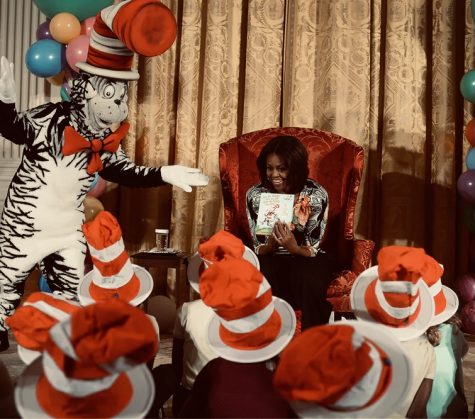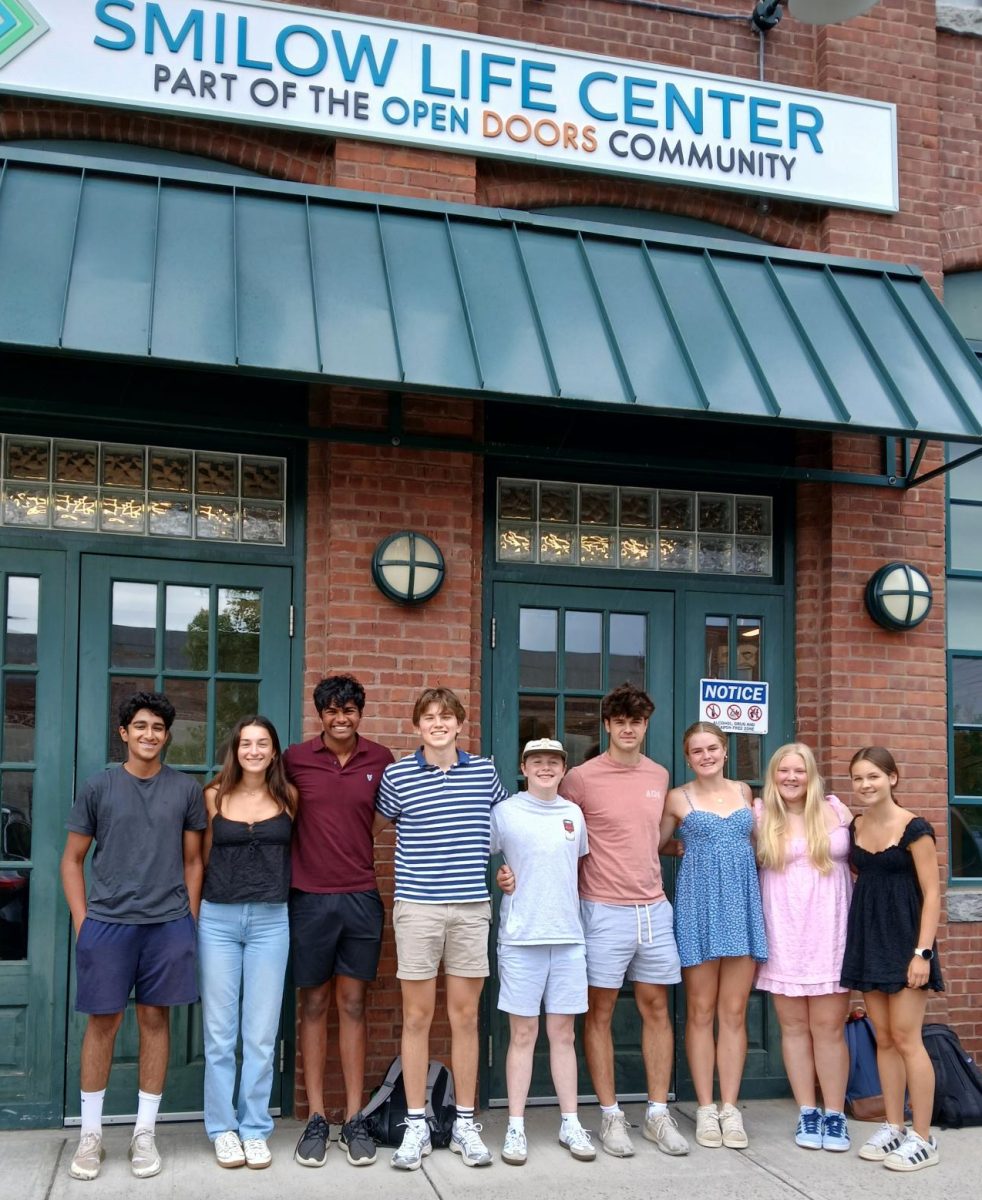Cancel Culture: What is it and Who is Getting Canceled
From Mr. Potato Head, to Abraham Lincoln, nothing is safe from being canceled

The once renowned Mr. Potato Head, is now canceled for its gender
April 9, 2021
The characters of Whoville are now being frowned upon as if they were the Grinch; Abraham Lincoln is now hated instead of looked up to as a hero; and Mr. Potato Head will now be gender neutral. All of them were once beloved and accepted, but they have been recently been canceled by the movement known as “cancel culture”, and the reasons for their cancellation go much deeper than you might think.
The so called “cancel culture” movement has gained popularity in 2020 and 2021, mainly after the death of George Floyd. Some people view cancel culture as radical, unnecessary, and the beginning of larger more scary restrictions. Other people though view it as a way to cleanse our society from anything that could offend or hurt someone.

I would believe that many five year old children across the world who own a Mr. Potato Head toy are not concerned about the fact that his name has mister in front of it. That is the reason, though, that Mr. Potato Head got canceled: because his name has ‘mister’ in front.

Like almost everything now in the United States, cancel culture is a two-party issue. Democrats seem to favor more towards cancel culture, while republicans don’t think so highly of it. Democrats feel that canceling many of these once long accepted ideas will make us more aware of what is right and what is wrong, and how we can better ourselves to not repeat those things. Republicans on the other hand feel that cancel culture is unnecessary and many of the things people are canceling are harmless things. There seems to be a fine line of what everyone agrees should be canceled, and what only 1 party thinks should be canceled. For example, if someone says very racist or many offensive sayings, it would most likely be a bi-partisan agreement to cancel them. On the other hand, Mr. Potato Head or Dr. Seuss getting banned seems to be very split in half if they’re worthy to be canceled, that is why they are in the headlines so much.

Another question many skeptics have is, why were all these things accepted into our society just a year or two ago? That is a question many people are trying to answer, especially conservatives. Part of that question can be answered by the fact that Democrats have been leaning more and more to the left as of recent, especially ever since Donald Trump took office. We have seen more radicalized democrats and socialist democrats pop up on the political spectrum as of recent. Just to name a few: Bernie Sanders, Ilhan Omar, and Alexandria Ocasio-Cortez. Those are the names that are now the face of the Democratic Party, much different from the party of the 20th century that included JFK and FDR. DHS Sophomore Henry Imbrogno says, “the parties are very divided, and very different than what they were even 10 years ago.” Some conservatives believe that the rise of cancel culture can be coincided with democrat leaders wanting more power and leaning more left. Another reason as to why things were not being canceled as recent as last year, is because many more people now are becoming aware of social and racial issues in our society. After the death of George Floyd, many people became much more aware of social injustices in our country. With more people being aware of racial issues, it is no surprised more things go canceled.
As an example, Abraham Lincoln is being banned from schools because he took away opportunities for people, even though he freed the slaves. DHS Sophomore Charlie Salmore gave his thoughts and he said, “I think it is sad that some of our history is being banned. Even though people can be bad, we can’t forget about them because we have to learn from their mistakes.” He sums it up very well, there has to be a fine line between canceling to much but also making sure people saying things they shouldn’t will have consequences.

As we can see, cancel culture is a very sensitive and hot topic around the United States. Many people favor it, while others do not. Hopefully one day though everyone will agree on something that benefits all of us, but right now, that is not the case.





